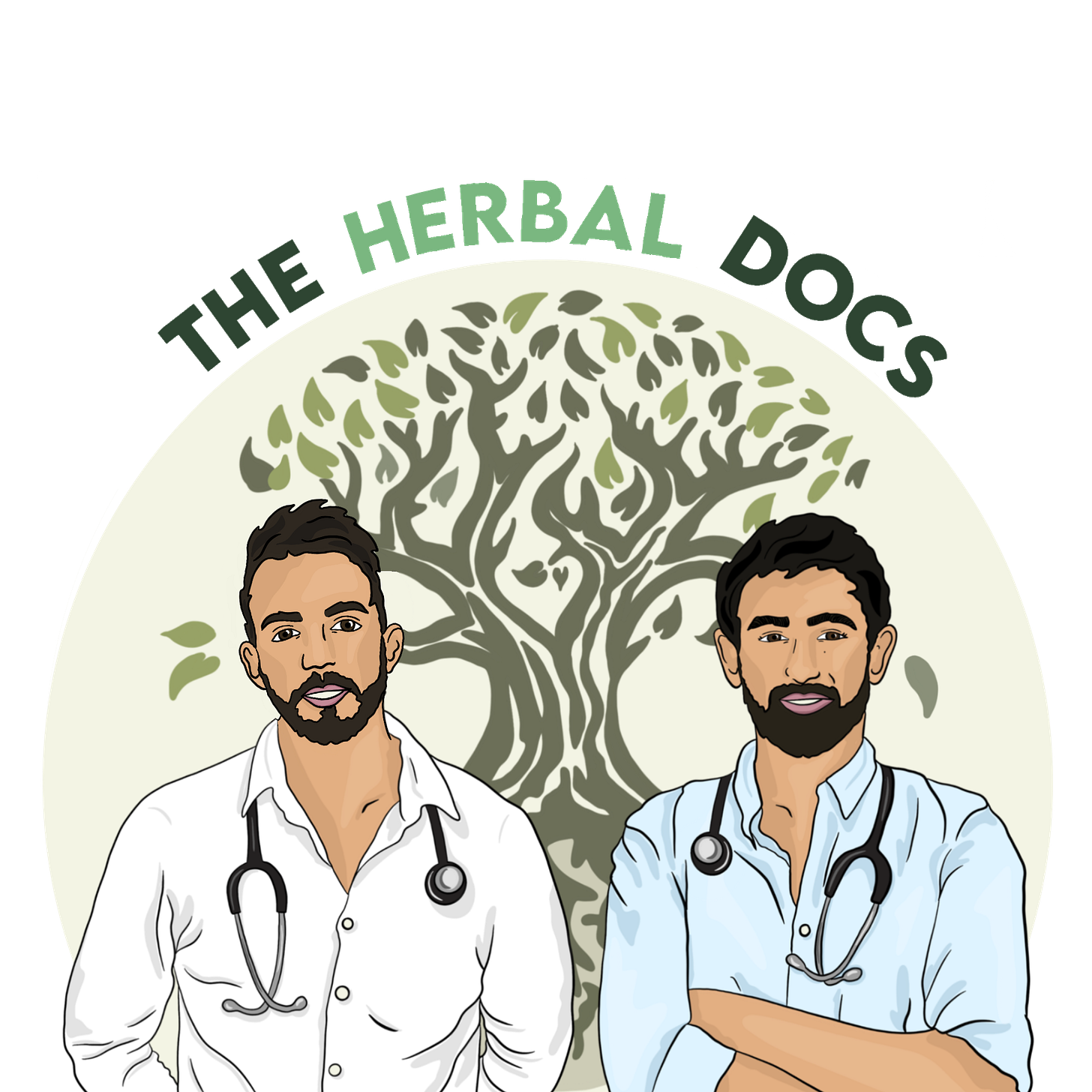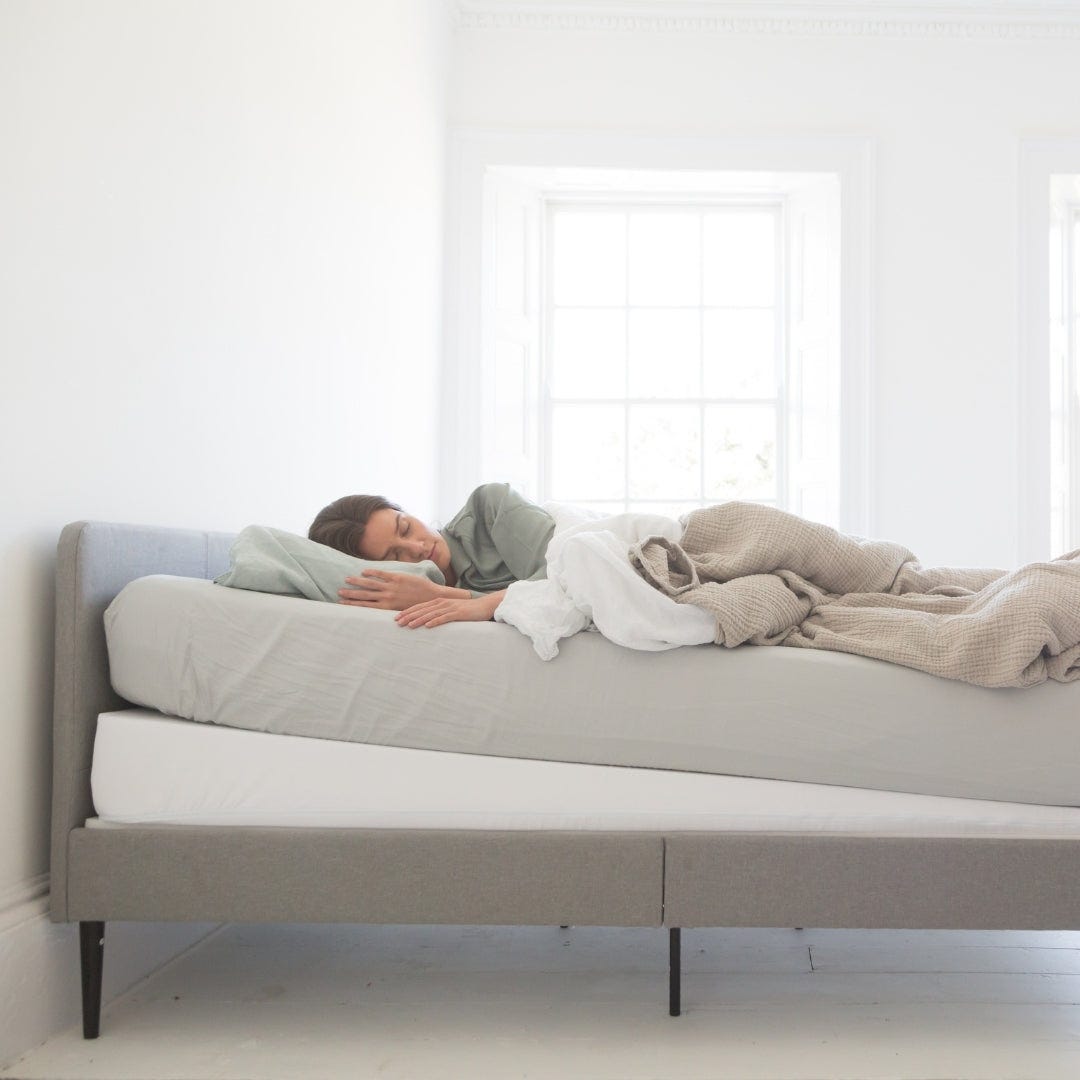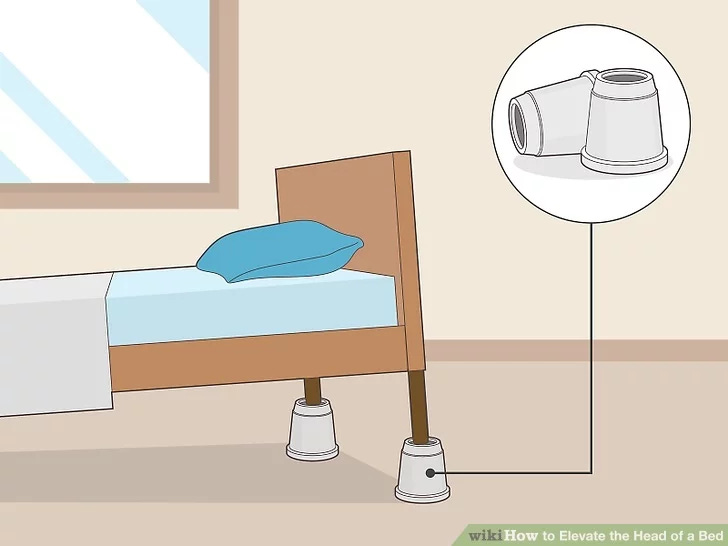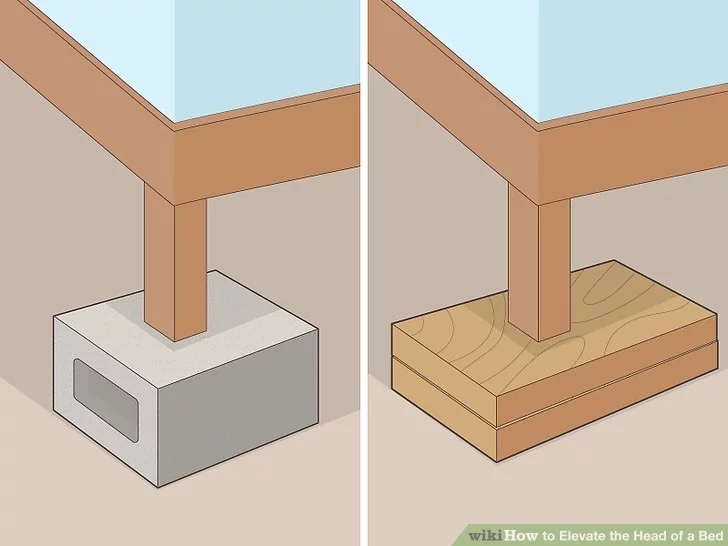The Herbal Docs Approach to Sound Sleep: The Secrets of Success 😴✅
Follow this sleep guide to evolve as a human and increase you wellbeing.
You are living in the century of over-stimulation.
Your brain is fried with vast amounts of information, media and content every day.
These factors influence sleep and more importantly sleep quality.
Follow these hacks for healthier sleep.
Small Changes, Healthy Habits, Happy Lives.
Let’s go.
TLDR Summary
Raise the head of the bed - prevents snoring, night awakenings, good for reflux disease, sleep apnea.
Side Sleeping - associated with increased removal of waste products in the brain associated with Alzheimer’s Disease.
Consider Magnesium Threeonate, Apigenin and PassionFlower to improve sleep quality. All act on GABA receptors promoting sedation, calming anxiety and improve sleep quality.
Raising the Head of the Bed
I recently read a tweet from Elon Musk, CEO of Tesla Motors & Space X. He stated that he raises the head of his bed 5cm to improve sleep quality. As one of the most productive people in society, (albeit productive with Amber Heard too 😉), I researched into this theme and made a Tik-Tok video about the results. You can watch it below 👇
Study
The intervention study mentioned in the video was conducted on (n=25) people and published in 2022. The research analysed the sleep of self reported snorers, first by sleeping flat and then by using a bed base to sleep at an incline. Sleep quality was measured by snoring duration, night awakenings and time spent in deep sleep. The researchers analysed 1000 nights of data.
You can do this yourself at home via an Apple Watch, FitBit or any of the sleep trackers outlined in this article 👈
Results
The data showed a 7% relative reduction in snoring duration in the inclined position. Objective sleep data showed 4% fewer awakenings and a 5% increase in the proportion of time spent in deep sleep in the inclined position. All were statistically significant.
Elevating the head of the bed can help relieve snoring, sleep apnea, acid reflux, and low blood pressure when arising, orthostatic hypotension.
Click on the links for further reading.
How can you raise the head of your bed? 🛌
£££ - Buy a bed wedge to place under the mattress. Bed wedges are foam inserts that fit between the mattress and box spring. They’re more expensive than most wedge pillows ($50-$100) but are preferred as they reduce chances of slipping down in the middle of the night.
££ - Purchase a wedge pillow. You can find wedge pillows online, at drugstores, and at medical supply stores. On average, they cost around $40.
£ - Install bed risers to elevate one end of the bed. When you stick a bed foot into the riser, the foam insert will mold to the foot's shape. This reduces the chance of the bed slipping of the riser.
Free - Cement, wood blocks or thick books. While inexpensive, these options aren’t as safe as store-bought bed risers, and many people don’t like how they look. Choose the widest blocks possible to reduce the risk of the bed feet slipping.
FAQ - Why can’t I just use multiple pillows?
Multiple pillows can place the head at an angle which compresses the stomach. This will aggravate acid reflux. People also likely slide down the pillows over the course of the night, defeating the purpose.
Side Sleeping
Research demonstrates many benefits to sleeping on your side.
Improved Brain Health 🧠
Recent research has revealed that patients with neurodegenerative disease (Alzheimer’s) sleep longer in the supine position. Healthy controls prefer sleeping on their side, thus suggesting that side sleeping seems to be protective against neurodegeneration. Side sleeping allows better venous drainage and activates the Glymphatic system, responsible for clearing waste products from the brain.
Studies in animal models suggest glymphatic transport was most efficient in the lateral position compared with the supine or prone positions. Amyloid beta, the protein which accumulates in Alzheimer’s disease, is removed from the brain more efficiently by sleeping on the side.
Reduced Risk of Snoring and Sleep Apnea 💤
People tend to snore more when sleeping on their backs instead of their sides. When you sleep on your back, it is easier for your tongue to fall back into your throat, creating an obstruction that can result in snoring.
When you sleep on your side, your airway stays open, so you can breathe easier. For this reason, physicians recommend people with sleep apnea, a serious sleep-related breathing disorder, to sleep on their side to help relieve symptoms.
Which Side Is Best to Sleep On ❓
Whether you should sleep on your right or left side depends on which health issues you face. The left side may provide more benefits, particularly for those who are pregnant, or experience gastroesophageal reflux disease (GORD). People with these conditions might want to take special care to sleep on their left side.
Magnesium, Apigenin & Passionflower 🌿
The following electrolyte and medicinal plants have been used traditionally to improve quality of sleep. There is an increasing body of evidence to suggest they may be worth taking a look at.
Magnesium Threeonate or Glycinate 💊
10-30% of US adults are deficient in magnesium
Low levels of magnesium are associated with poor sleep quality & insomnia.
Developed by MIT researchers, Magnesium Threeonate, has been shown to cross the blood brain barrier more effectively than any other type of Magnesium.
Magnesium supplementation before sleep increases levels of GABA, a neurotransmitter with calming effects and sedating effects.
Doses of 250-500mg, are suggested by Dr Andrew Huberman, Professor of Neurobiology at Stanford University.
Apigenin (Chamomile) 🍵
What is apigenin?
Apigenin is a flavonoid, a plant nutrient, found in medicinal plant tissues. Apigenin is found in chamomile flowers, normally drunk as a tea. It is obtained from the dried flowers of Matricaria chamomilla, an herb native to Western Asia and Europe but also naturalised to the USA and Australia. Teas prepared from chamomile generally have between 0.8% to 1.2% apigenin content.
Insomnia
Chamomile tea has traditionally been used for relieving insomnia for many years. Its usage was so commonplace that researchers have studied its active molecules, which include apigenin. In laboratory studies, Apigenin demonstrates anxiolytic properties and appears to be a candidate for chamomile's effectiveness as a sedative. Apigenin is also an agonist of the GABA receptor, causing sedative effects.
The literature is sparse in terms of controlled trials examining chamomile and sleep inducing properties, with only one study showing Chamomile can increase daytime functioning, with no significant differences in sleep time, efficacy or latency.
Apigenin at 50mg each night, a more concentrated version of chamomile, is the dose used anecdotally to improve sleep quality.
Passionflower 🌸
Passionflower is a climbing vine native to the southeastern United States and Central and South America. The well-known passion fruit is grown on edible versions of this plant species.
Native peoples of the Americas used passionflower as a sedative. Sixteenth-century Spanish explorers in South America learned of passionflower and the plant was then brought to Europe, where it became widely cultivated and was introduced to European Folk Medicine.
Passionflower is a traditional herbal sedative, anxiolytic, and popular sleep aid used for the treatment of insomnia.
The active constituents in Passionflower, contain an important group of compounds called harmala alkaloids, as well as plant phytonutrients: flavonoids & GABA agonists.
Studies in animal models have shown Passionflower to increase total sleep time and increased time spent in slow wave sleep, the deepest part of non-REM sleep, where memory consolidation takes place
Doses of Passionflower are relatively unknown due to the lack of clinical human trials. The US National Centre for Complimentary and Integrative Health suggests up to 800mg daily is safe, in studies up to 8 weeks. More then 3.5g per day is considered unsafe so it is appropriate to start at low doses (200mg each night) before titrating upwards if needed.
Sleep Sound
&
Have a great week ahead.
Dr Adam Sayedi









